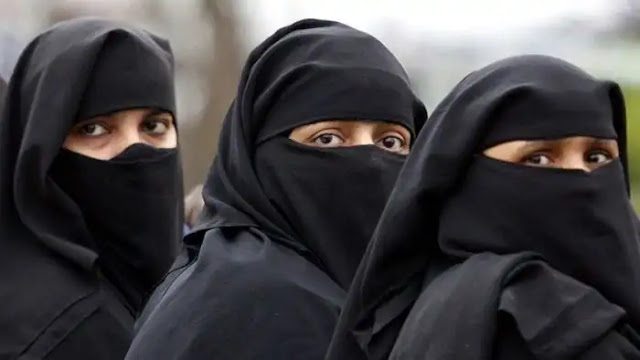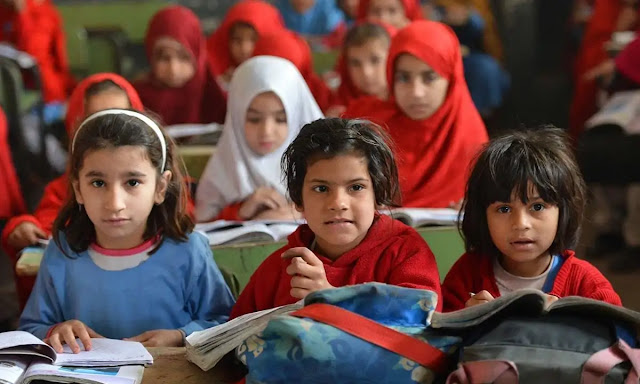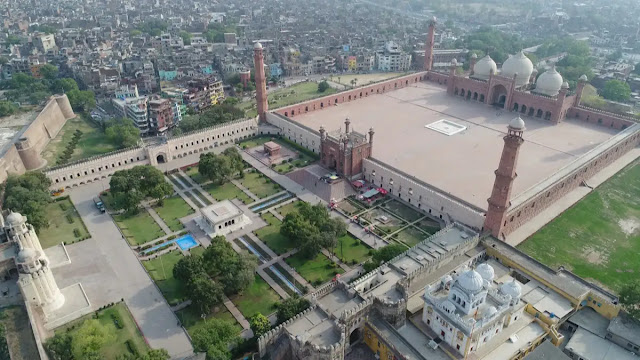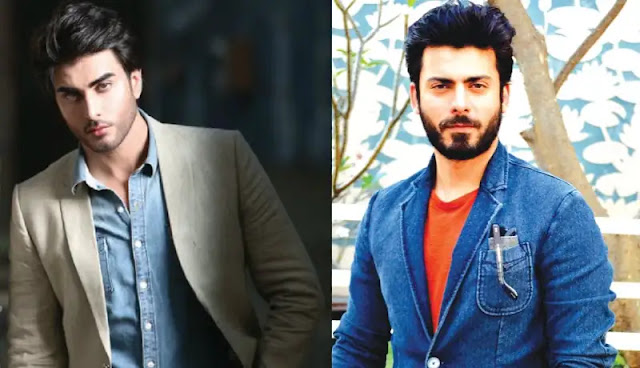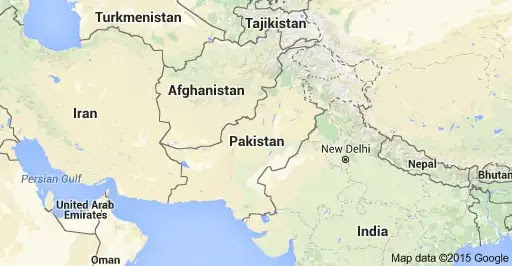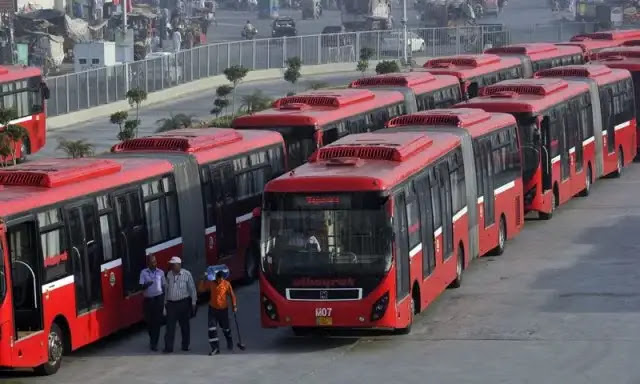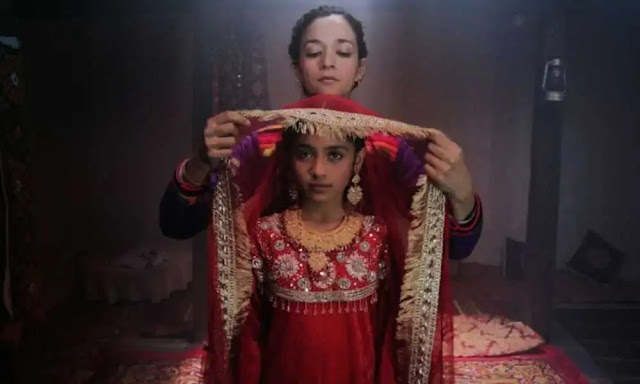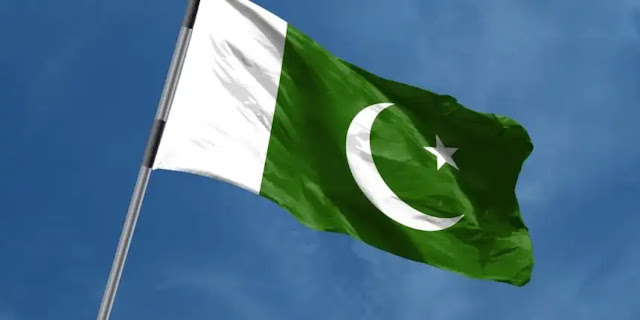10. Pakistan is a Terrorist Country
The first misconception about Pakistan is that it is a terrorist country. This is completely wrong. Pakistan is a safe and beautiful country with a lot of beautiful areas from Gawadar to Kashmir. Some people might think that Pakistan is unsafe for travellers, but that is not true as well. There are some areas that you might avoid to go, but overall Pakistan is a lot safer than some of the countries in the West. It is the media who don't show a positive image of Pakistan and always portray Pakistan as a terrorist country or dangerous country. You can visit this country and can see by yourself.
9. All Women Wear Burqas
The next thing I want to share is that some people or maybe a lot of people think that all women in Pakistan wear Burqas but that is not true at all. In Pakistan, you will see women wearing shalwar kameez most commonly. Hijab or Burqa is not mandatory in this country, but modesty is also important and covering your whole body. I mean you can't wear a skirt or some extra revealing clothes. After all, it is an Islamic country.
8. Pakistanis are Uneducated and Illiterate
Number 8 lie or misconception about Pakistan is that Pakistanis are illiterate and uneducated. Let me tell you that there are a hundred and sixty-three thousand primary schools in Pakistan. There are 1267 colleges and hundred and seventy-four universities. Pakistan has a seventh-largest pool of engineers and doctors in the world, and Pakistani people are at 4th number in intelligence according to IBA. Muhammad Abdul Salam was a Pakistani theoretical physicist. He was a major figure in the 20th century in the field of theoretical physics.
7. The whole Country is Underdeveloped
Number seven misconception about Pakistan is that the whole country is underdeveloped. This misconception is also not true. Pakistan is a big country and not underdeveloped entirely. Some the cities are actually developed like Lahore, Islamabad (Capital of Pakistan), Karachi, Peshawar etc. These cities are major cities of Pakistan and have a very satisfactory infrastructure. Public transport, hospitals, and markets are easily available in these cities. Pakistan is also a 42nd largest economy in the world.
6. People in Pakistan Speak Arabic
People in the west think that Pakistan's official language is Arabic or they speak Arabic. This is not true. Yes! Pakistani's know how to read the Arabic language because of the Qur'an. The Qur'an is in the Arabic language, which is the holy book of Islam that's how people of Pakistan know this language and the majority is Muslim in Pakistan. Some people also think that the official language of Pakistan is Pakistanian. Let me tell you that Pakistanian is not a language. Mother language of Pakistan is Urdu, and the official language is English. Other languages that are spoken by Pakistanis are Punjabi, Sindhi, Pashto, Balochi, Kashmiri etc.
5. Men Wear Turbans in Pakistan
Do all men in Pakistan wear Turbans? The answer is no. All Pakistani men don't wear Turbans. In Pakistan, you'll see men wearing jeans, t-shirts and other dresses just like people in West wear. The national dress of Pakistan is Shalwar Qameez but not all men wear it, especially in big cities like Karachi and Lahore. When you see Pakistani men, you'll see them in almost every type of dress from Shalwar Qameez to Pent shirt. Men in Punjab and Sindh wear Turbans, but it is not compulsory to wear, you can wear what you want in Pakistan.
4. Pakistan is in the Middle East
Some people believe that Pakistan is in the Middle East. Let me tell you that Pakistan is not in the middle east. They probably think that Pakistan is a Muslim country, so it could be in the middle east but it isn't. Pakistan is in South Asia. Neighbours of Pakistan are India, Afghanistan, Iran and China. Pakistan is among these countries. India is at east, Afghanistan is at the west, China at the northwest and Iran at southwest while at the south side there is the Arabian Sea and the Gulf of Oman.
3. Camels and Donkeys are a form of transportation over in Pakistan
At number 3rd misconception about Pakistan is that camels and donkeys are a form of transportation over in Pakistan. In some way, this is true but not true entirely. People in some rural areas travel on camels and donkeys, but if you see urban areas, you'll see an entirely different infrastructure for transport. Lahore, Peshawar, Multan, Karachi, Islamabad, Rawalpindi have metro bus services. Lahore city even has the Orange Line project under construction that will be completed soon. A lot of people have there own convenience for travelling purpose like bikes, cars etc.
2. Child Marriage is a Common thing in Pakistan
One thing that people think about Pakistan is that child marriage in Pakistan is a common thing, which is not true. Pakistani kids go to school like any other kid. There are some families and regions in Pakistan where people do child marriage, but most of them are in those houses where the head is uneducated. The child marriage rate has been fallen in Pakistan over the past several years. Legal marriage age for girls is 16 and for boys is 18 in Pakistan.
1. Pakistanis are Anti-India
The biggest misconception stereotype and lie about Pakistan is that they are completely Anti-India. According to many people, they feel that Pakistan like on a whole has huge hate for India. So, ever since the time of Independence a lot of people have fostered that hatred but that has a relationship Improved. It's always that rivalry but in cricket, especially India vs Pakistan. Those are always like the best matches, but to say the country is completely anti-India is just not a fair statement at all. Some people might hate India but not as the whole of Pakistan is against India.

